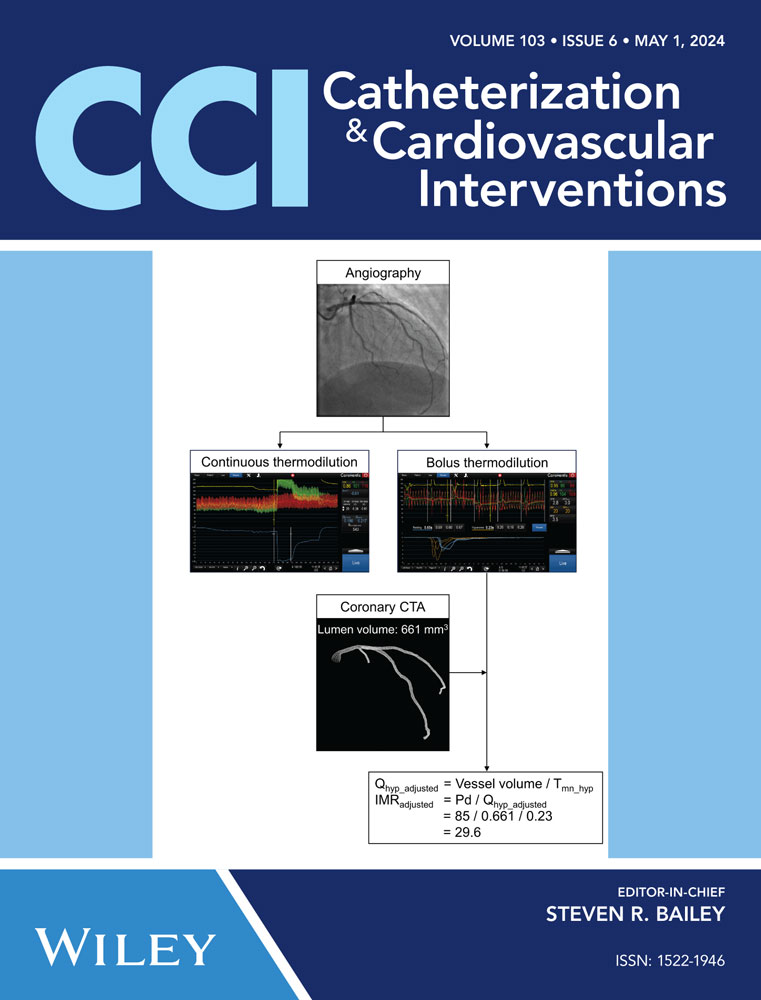Minimally invasive procedures for right side infective endocarditis: A targeted literature review
Abstract
Introduction
Right-side infective endocarditis (RSIE) is caused by microorganisms and develops into intracardiac and extracardiac complications with high in-hospital and 1-year mortality. Treatments involve antibiotic and surgical intervention. However, those presenting with extremes e.g. heart failure, or septic shock who are not ideal candidates for conventional medical therapy might benefit from minimally invasive procedures.
Objective
This review summarizes existing observational studies that reported minimally invasive procedures to debulk vegetation due to infective endocarditis either on valve or cardiac implantable electronic devices.
Methods
A targeted literature review was conducted to identify studies published in PubMed/MEDLINE, EMBASE, and Cochrane Central Database from January 1, 2015 to June 5, 2023. The efficacy and/or effectiveness of minimally invasive procedural interventions to debulk vegetation due to RSIE were summarized following PRISMA guidelines.
Results
A total of 11 studies with 208 RSIE patients were included. There were 9 studies that assessed the effectiveness of the AngioVac system and 2 assessed the Penumbra system. Overall procedure success rate was 87.9%. Among 8 studies that reported index hospitalization, 4 studies reported no death, while the other 4 studies reported 10 deaths.
Conclusions
This study demonstrates that multiple systems can provide minimally invasive procedure options for patients with RSIE with high procedural success. However, there are mixed results regarding complications and mortality rates. Further large cohort studies or randomized clinical trials are warranted to assess and/or compare the efficacy and safety of these systems.
CONFLICT OF INTEREST STATEMENT
Weijia Wang is a full-time employee at and holds stock of Merck Sharp & Dohme LLC, a subsidiary of Merck & Co., Inc., Rahway, NJ, USA. The other authors declare no conflicts of interest.
Open Research
DATA AVAILABILITY STATEMENT
The data that support the findings of this study are openly available in Cochrane Central Database at https://www.cochranelibrary.com/central.




